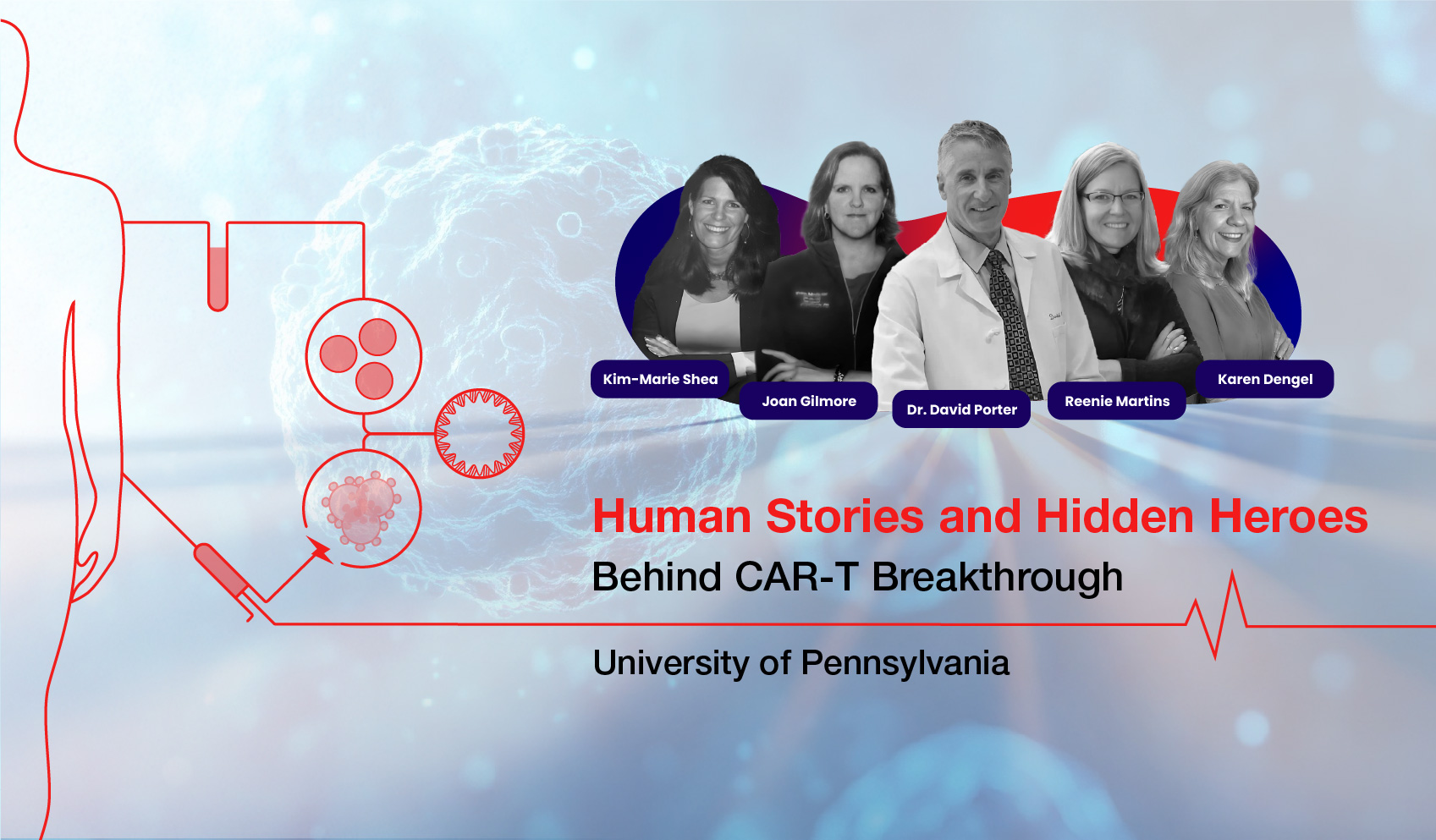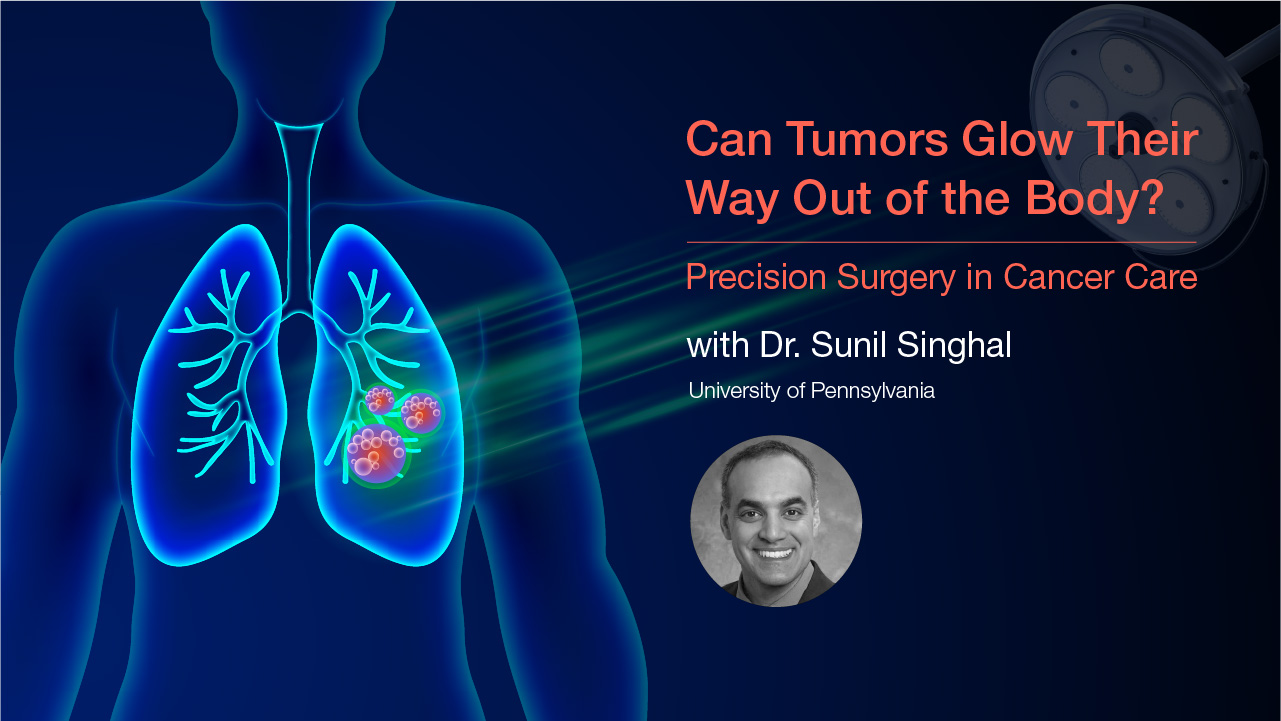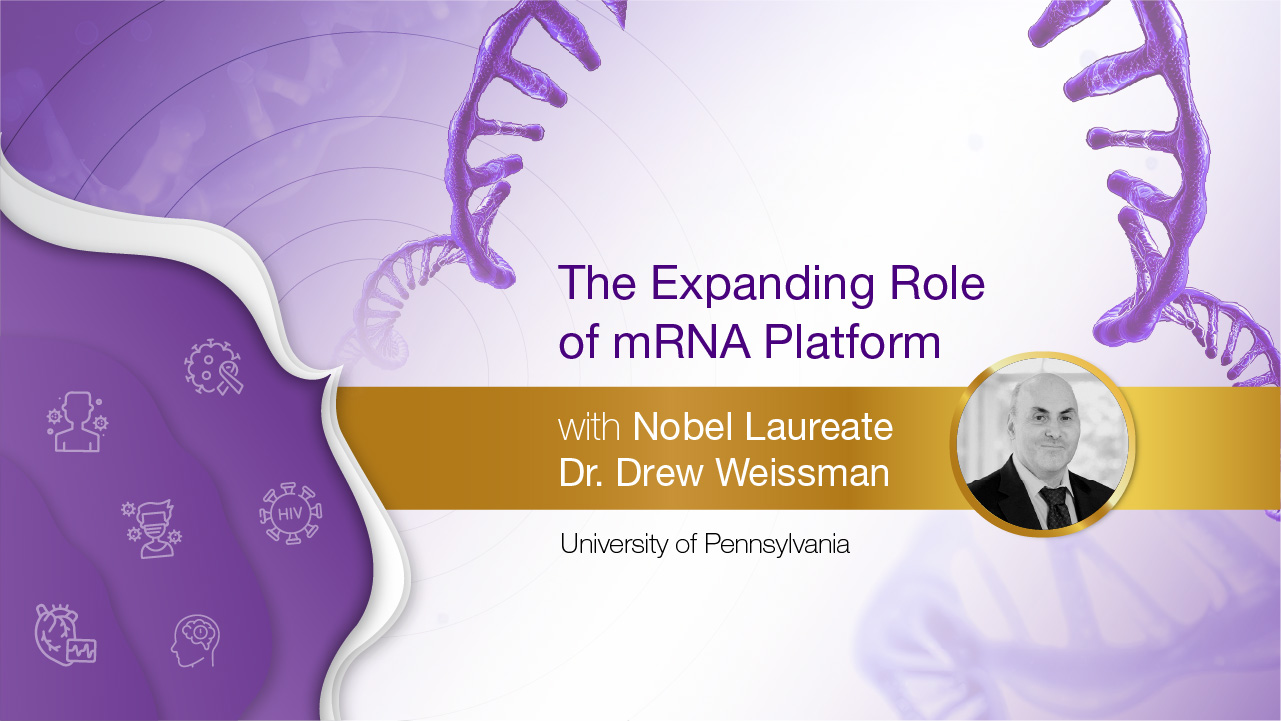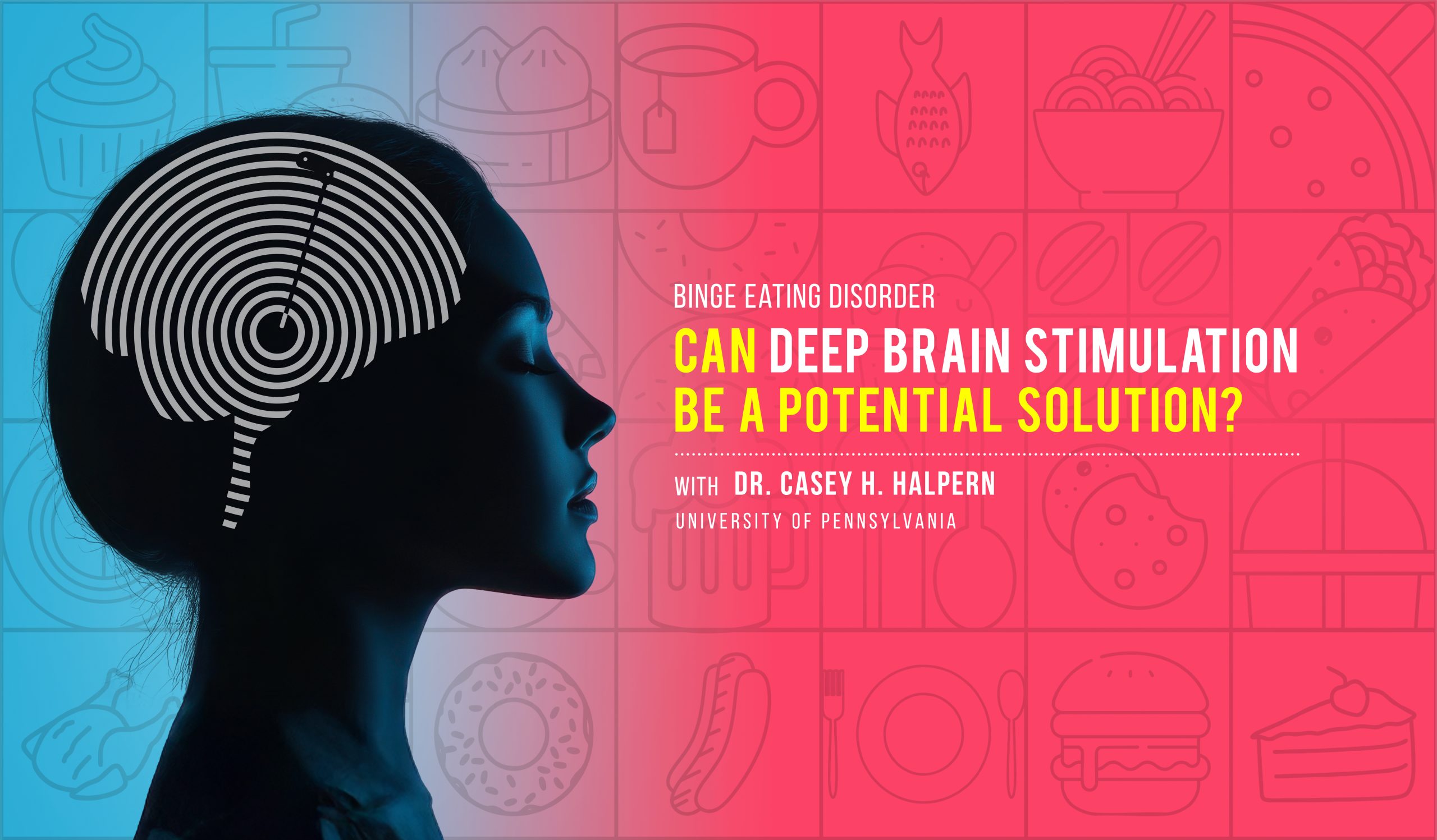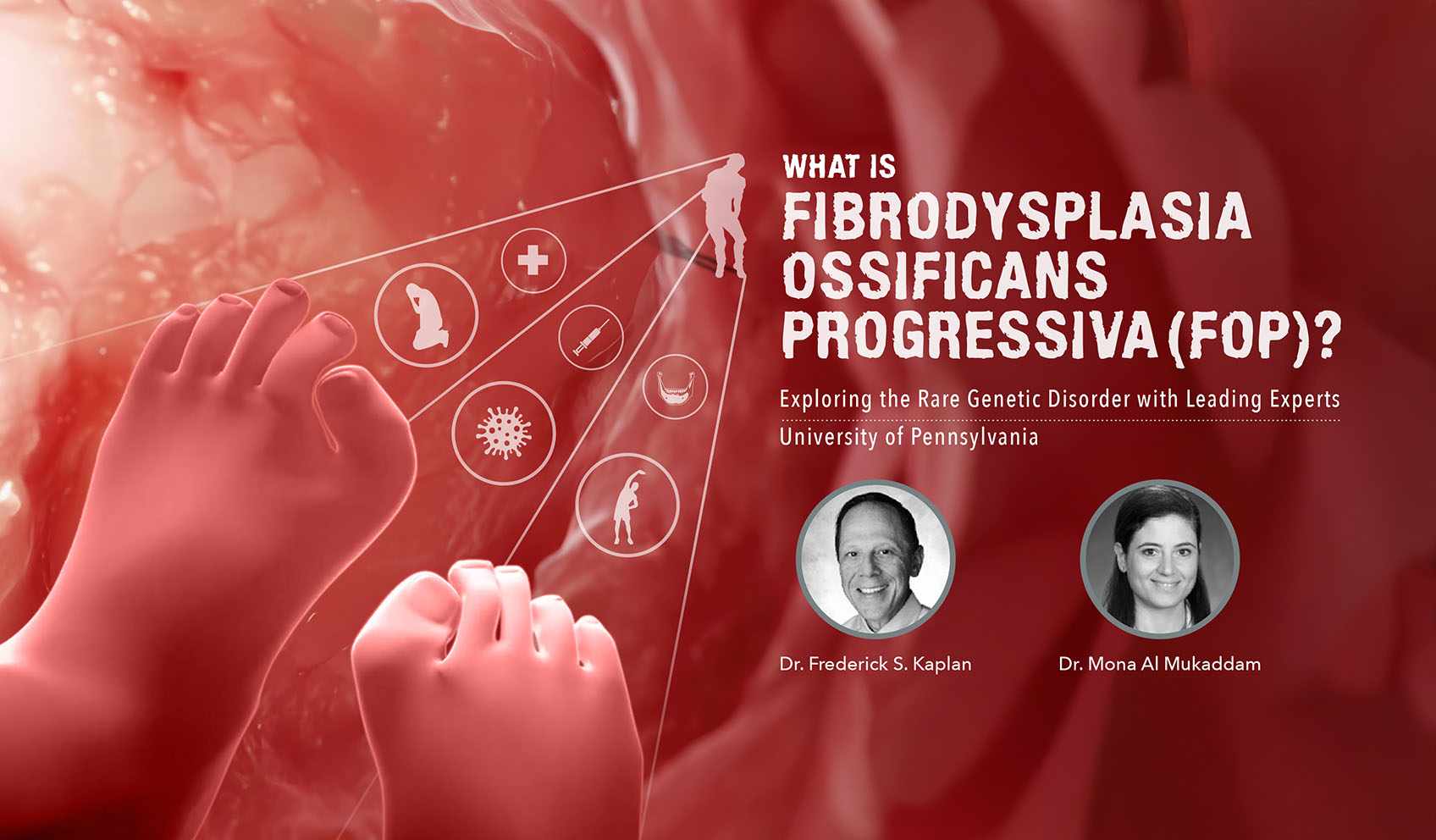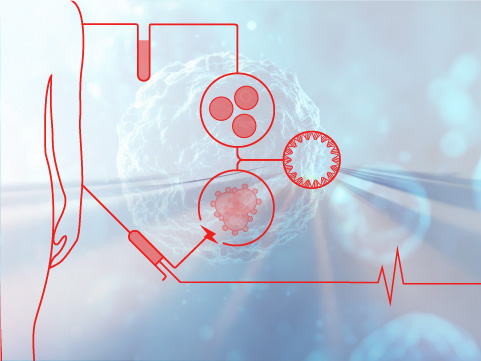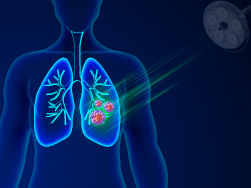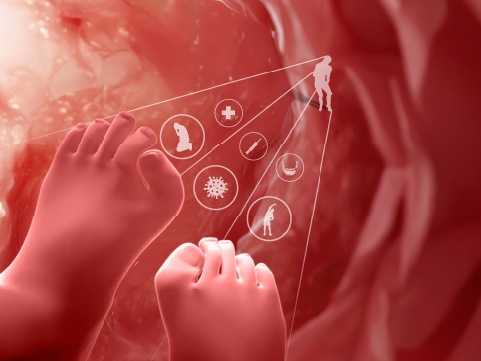Past CureTalks
The Human Stories and Hidden Heroes Behind CAR-T Breakthrough
In this special edition of CureTalk, we step beyond the headlines and into the heart of medical innovation. CAR-T therapy has transformed cancer treatment — but its potential stretches far beyond oncology. Behind every breakthrough lies a story of dedication,…
Can Tumors Glow Their Way Out of the Body? Precision Surgery in Cancer Care
The best way to cure most cases of cancer is to surgically remove the tumor. However, identifying and removing the entire tumor during surgery is often challenging — surgeons have traditionally relied on visual cues and touch to determine tumor…
Expanding Role of mRNA Platform with Nobel Laureate Dr. Drew Weissman
We are excited to welcome Nobel Laureate Dr. Drew Weissman from the University of Pennsylvania yet again on CureTalks. Dr.Weissman's groundbreaking research in messenger RNA (mRNA) technology earned him the Nobel Prize in Medicine, alongside his colleague Katalin Karikó. Their…
Binge Eating Disorder: Can Deep Brain Stimulation be a Potential Solution?
Many of us experience moments when we can’t control our food cravings—eating when we’re not hungry and struggling to stop even when full. For some, this can escalate to binge eating disorder, significantly impacting quality of life and becoming difficult…
What is Fibrodysplasia Ossificans Progressiva (FOP)? Exploring the Rare Genetic Disorder with Leading Experts
Fibrodysplasia ossificans progressiva (FOP) is an ultra rare disease, where soft tissues progressively turn into bone. FOP affects approximately 1 in 2 million people worldwide. This condition is caused by a mutation in the ACVR1 gene, which disrupts the body’s…
